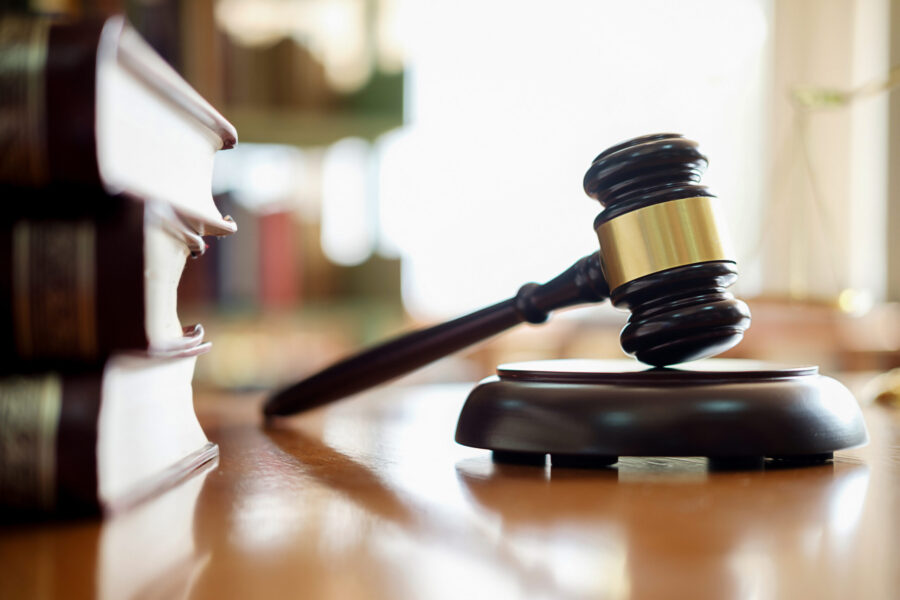
New York Bankruptcy Court’s Ruling Disqualifies Partially Disputed Creditor from Involuntary Bankruptcy Petition
The tool of involuntary bankruptcy petitions serves as a potent recourse for creditors contending with debtors in default. Under Section 303 of the Bankruptcy Code, three or more creditors can initiate a Chapter 7 bankruptcy proceeding against a debtor. Following this, the debtor has several options: challenge the filing, convert the case to a Chapter 11 restructuring, or undergo liquidation in Chapter 7. However, for a creditor to file an involuntary petition, their claim must meet specific criteria—it must be non-contingent, liquidated, and not under a “bona fide” dispute.
There exists a divergence among bankruptcy courts regarding whether a dispute on any part of a claim, even if some portion remains undisputed, constitutes a bona fide dispute on the claim’s amount, thereby disallowing the filing of an involuntary petition under 11 U.S.C. § 303(b)(1). In certain circuits like the First, Fifth, and Ninth, a creditor lacks standing as a petitioning creditor under 11 U.S.C. §303(b)(1) if any part of their claim is subject to a bona fide dispute over liability or amount.
The Second Circuit has not yet made a definitive ruling on this matter. However, in a recent development, Honorable Lisa G. Beckerman of the United States Bankruptcy Court for the Southern District of New York ruled in the case of In re TV Azteca, S.A.B. de C.V., et al, 2023 WL 8059362 (Bankr. S.D.N.Y. Nov. 20, 2023) (“TV Azteca”), dismissing certain involuntary petitions on grounds that bona fide disputes over a portion of the petitioning creditors’ claims disqualified those creditors under 11 U.S.C. §303(b)(1).
The debtor in question, TV Azteca, is a Mexican mass media corporation. In 2017, it issued $400 million in unsecured notes under an indenture governed by New York law. The indenture allowed proceedings against TV Azteca to be held in New York state or federal courts in Manhattan.
TV Azteca defaulted on the indenture and notes by failing to make interest payments. On multiple occasions, certain beneficial owners of the notes served notices of acceleration upon TV Azteca and the indenture trustee. Concurrently, TV Azteca disputed liability for a redemption premium, contesting that no voluntary redemption had occurred.
Several note holders filed involuntary petitions for relief under 11 U.S.C. § 303 against TV Azteca and the guarantors in the United States Bankruptcy Court for the Southern District of New York on March 20, 2023. However, the debtors moved to dismiss the petitions, citing bona fide disputes over the petitioning creditors’ claims, particularly regarding the redemption premium.
Section 303(b)(1) of the Bankruptcy Code stipulates the conditions for filing an involuntary case. Petitioning creditors must establish a prima facie case showing no bona fide dispute regarding their claims. Judge Beckerman found that the petitioners had met this burden based on submitted evidence.
However, the burden then shifted to the debtor to demonstrate the existence of a bona fide dispute. The debtors argued that the District Court Action evidenced such a dispute. Judge Beckerman agreed that the issue of the redemption premium was in dispute, but the crucial question remained: whether the dispute over a portion of the petitioners’ claims rendered them ineligible as involuntary petitioners under 11 U.S.C. § 303(b)(1).
Judge Beckerman sided with the approach taken in certain circuits, concluding that the dispute over the redemption premium disqualified the petitioners. She distinguished this case from precedents like In re Manolo Blahnik USA, Ltd., based on various factors.
This ruling in TV Azteca highlights a divide within the Second Circuit regarding involuntary bankruptcy petitions. It underscores the importance for potential petitioning creditors to meticulously assess their claims, as any bona fide dispute could lead to dismissal under 11 U.S.C. §303(b)(1). Moreover, creditors must strategize their collection and litigation efforts effectively, as they cannot unilaterally claim portions of related claims as undisputed to qualify as petitioning creditors.

